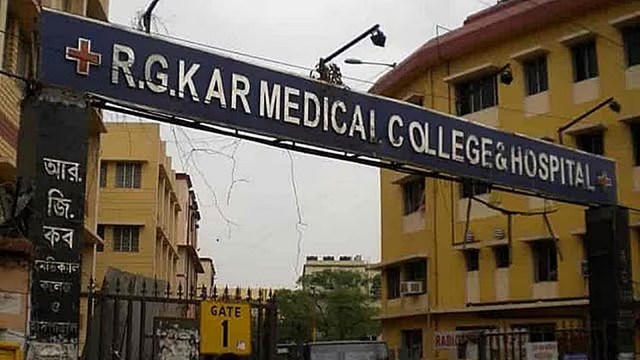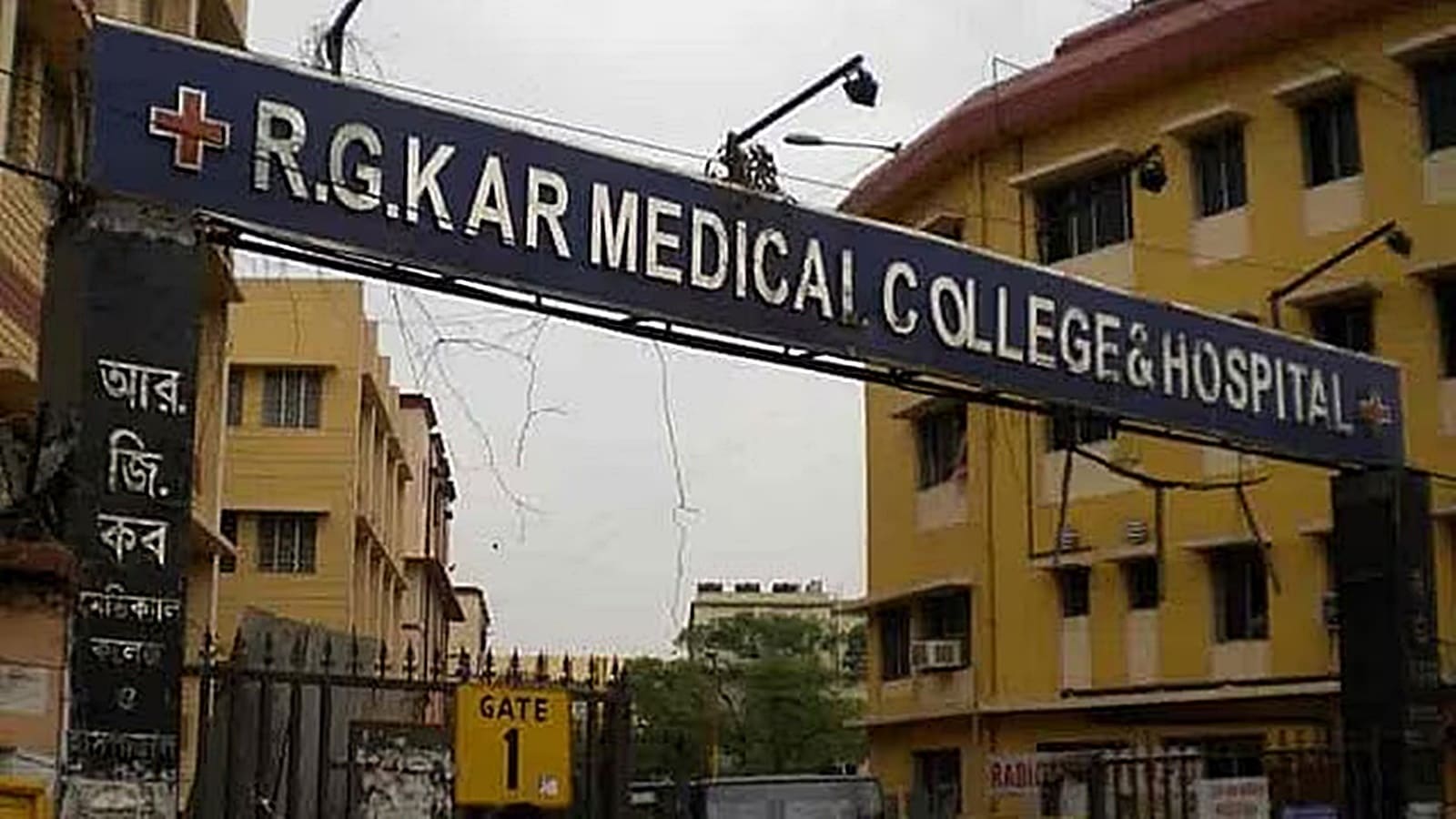
Chaos descended at R G Kar Medical College, Kolkata on the morning of August 9 when the body of a woman resident doctor was found in its seminar hall with multiple injuries. The doctor was on a 36-hour duty and had gone to the seminar room to rest at 2 am as the hospital lacks a doctors’ duty room. The preliminary findings have suggested sexual assault and death by strangulation. Protests by angry doctors have erupted as political parties demand a CBI inquiry. Meanwhile, a SIT has been formed and a suspect has been apprehended.
A disturbing pattern
This incident is not the first of its kind. Last year, Vandana Das, a resident doctor was killed at Kottarakkara Taluk Hospital, Kerala, when she was attacked by a patient in police custody. Shashwat Pandey, a radiology resident from St Stephen’s Hospital, Delhi, was stalked, threatened, assaulted, and murdered by his colleague against whom he had complained numerous times. The landmark case of Aruna Shanbaug, of KEM Hospital, Mumbai comes to mind. Aruna, a young nurse on duty was sexually assaulted and strangled with a dog chain by a janitor. She remained in a vegetative state for 41 years before succumbing to death in 2015.
There have been numerous cases of violence against doctors that have led to protests but to no changes to their circumstances. The journey of resident doctors at the frontline of healthcare delivery is a quagmire. From the anxiety of undertaking the highly competitive NEET exams, high fees for admissions in private medical colleges, humiliation and often abuse by teachers and seniors, violence by angry patient attendants to risking sexual assault and murder, there seem to be numerous internal and external threats. An RTI revealed that 58 resident doctors died by suicide in the last five years. A survey by the National Medical Commission (NMC) found that 37,000 medical students have self-reported mental ailments with suicidal tendencies. This is a symptom of the malady of the medical education system.
The root of the issue
The incident highlights the dangerous conditions in which resident doctors work and live; from filthy hostels to unsafe duty rooms, if at all one is available. The NMC recently directed all postgraduate residents to undergo a compulsory three-month residency posting at the district level. If a doctors’ duty room was not available at a state medical college in Kolkata, then one can only imagine the situation at a peripheral healthcare setup.
The harassment that residents face from their seniors and teachers is often neglected. A total of 1,117 post-graduate students have dropped out of medical college in the last five years as per data by NMC. Payal Salim Tadvi’s case, a resident doctor from Mumbai who died by suicide following alleged harassment and caste-based discrimination by her seniors, is well-known. Divesh Garg, a resident doctor from Dehradun died by suicide following alleged harassment by his guide concerning his thesis. These are not isolated incidents; they are the tip of an iceberg that has been destroying the lives of numerous resident doctors.
The intersectional identity of the victim is also often ignored. The risk of such harassment and assault increases for marginalised identities at a disadvantage of gender, sexual orientation, caste, religion, disability, and language. A young person should not have to risk their physical and mental health, dignity, or life to become a doctor. The government through the NMC needs to act quickly and with authority to ensure safe and dignified working conditions for resident doctors. Mere assurances on paper won’t be sufficient unless there is action on the ground.
Course correction
These regulations need to become a part of the minimum standards for running medical colleges. The Resident Doctors’ Association needs to be provided more say in ensuring safe working and living conditions through joint audits. Medical colleges must invest in adequate and safe accommodation facilities for resident doctors. The long-pending demand for legislation to deal with violence against doctors needs serious and urgent attention from our legislators. The medical education and examination system needs a re-look so that no teacher gets undue power. Grievance redressal committees, anti-ragging committees, and internal complaint committees need to be proactive while ensuring a confidential, speedy, and just redressal of complaints.
Shaikh is professor of community medicine at Hamdard Institute of Medical Sciences and Research, Delhi. Wasim is resident doctor of community medicine at Hamdard Institute of Medical Sciences and Research, Delhi



